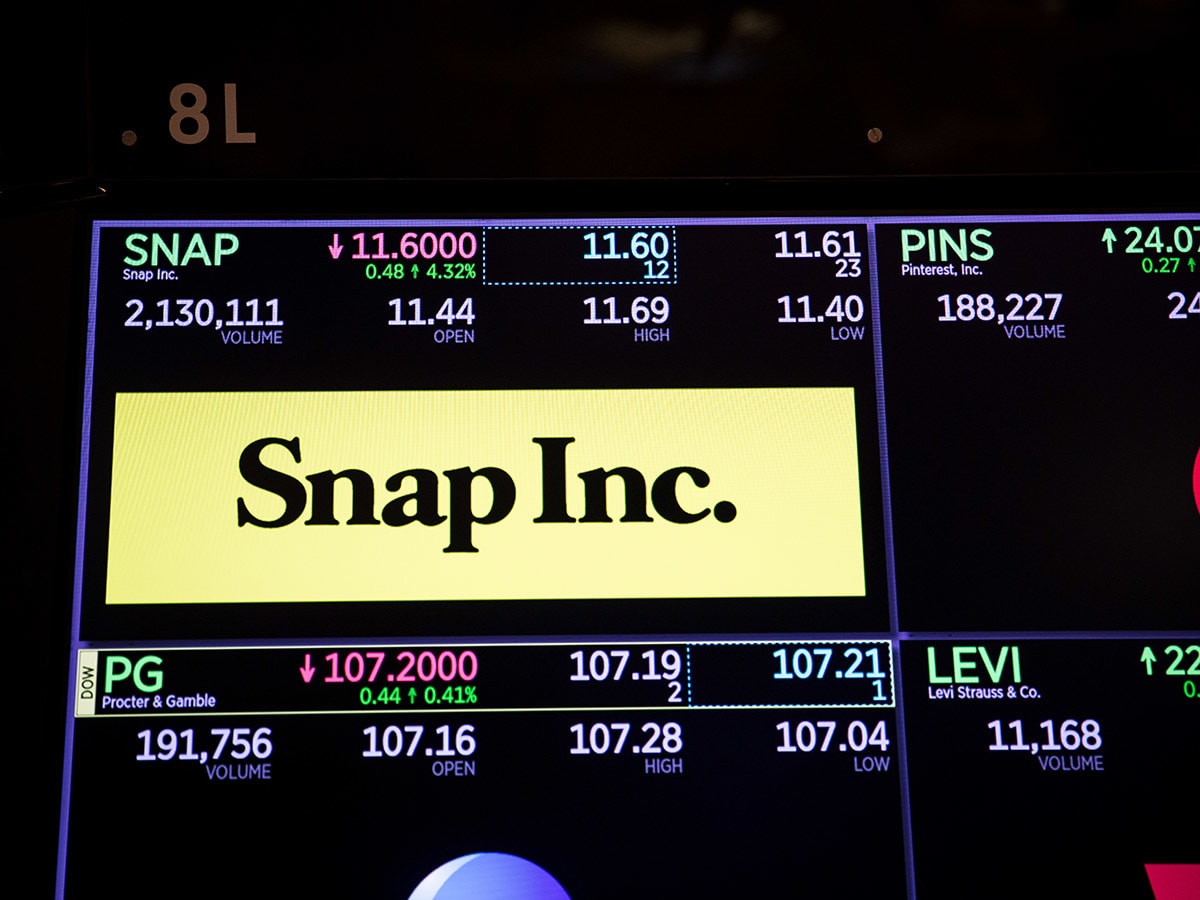Markets in Europe have given back yesterday’s gains, weighed down by further evidence of economic weakness in the form of a big earnings downgrade from US social media company Snap, after last night’s US close, and lacklustre PMI reports that suggests rising prices, are reducing profits and demand.
Europe
The FTSE100 has once again outperformed due to its more defensive qualities, although utilities, which traditionally do well are being hampered by the prospect that the UK government might be considering submitting to populist demands for a windfall tax, on not only oil companies, but energy companies as well.
This has contributed to sharp declines in SSE and Centrica, along with Harbour Energy, which has only just managed to turn its fortunes around having been formed out of the wreckage of Premier Oil last year. The prospect of a tax is also doubly troubling, given Harbour’s short term debt levels which a year ago were at $2.9bn, and are probably higher today. In any case while such a tax measure may well be popular in the short term, it’s unlikely to inspire any company to want to invest in the UK in the longer term, at a time when inward investment is needed more than ever.
Banks are continuing to outperform despite rising recession concerns, probably due to the more hawkish bias of central banks, though that by itself has its downsides as it will increase pressure on the more highly leveraged consumer, with HSBC and Barclays leading the way. Vodafone shares are also higher, for the fourth day in a row.
The latest trading update from Wagamama’s owner Restaurant Group has had little effect on the share price, despite an improvement in overall performance, although the bar is fairly low, compared to the comparatives of a year ago. Q1 saw like for like sales in Wagamama’s rose 18%, while Q2 to date has slowed slightly to an 11% increase, which management have put down to the increase in VAT to 20% from 12.5%.
Management kept full year expectations unchanged helped by a continued recovery in its concessions business which is currently lagging.
Real estate investment trust Shaftesbury PLC has seen its shares edge higher after reporting a return to profit in its H1 numbers. The rebound in activity in the West End of London has helped in terms of higher footfall, with tenants reporting increased economic activity.
US
We’ve seen US markets open lower today, after social media company Snap surprised the markets with an unexpected downgrade to its recent guidance, which it issued a month ago.
Management said that the macroeconomic outlook had deteriorated much faster than it had anticipated and that consequently it would have to downgrade its revenue and profits guidance below the lower end of its range.
The impact of last night’s downgrade and bleak outlook for digital advertising has had a similarly negative effect on the likes of the share prices of Facebook owner Meta, Google’ s Alphabet as well as Twitter and Pinterest.
Fashion retailer Abercrombie and Fitch shares have joined the retail bloodbath today sliding over 30% after reporting a surprise Q1 loss, and cutting its sales outlook for the year, to 0% to 2%, down from a previous forecast of 2% to 4%. Q1 revenues were higher than expected, coming in at $813m, but higher costs wiped out any benefit from that, due to higher freight and other logistics costs.
In a more encouraging update Zoom, whose shares have returned to the levels they were pre-pandemic raised its full year profits guidance to between$1.48bn to $1.5bn, although revenues were left unchanged. Zoom reported Q1 revenues slightly above expectations at $1.07bn, while nudging up its guidance for Q2 to $1.11bn to $1.12bn. Profits also beat forecasts, coming in at $1.03c a share.
FX
The euro has continued to make gains, after ECB President Christine Lagarde signalled that the era of negative rates was coming to an end, while some Fed officials have started to float the idea of a pause in September when it comes to the hiking cycle.
Up until now there had been little differentiation between Fed policymakers about the prospect and pace of rate rises, however the likes of Kansas City Fed President Esther George and Atlanta Fed President Raphael Bostic appear to be leaning in the direction of a possible pause once the Fed funds rate is raised to 2% in July, with the prospect of a pause in September.
This could well be the beginning of a delineation of views amongst US policymakers on the path of future rate increases.
The pound is the worst performer after services activity plunged in May from 58.9 to 51.8, and a 15-month low. The extent of the fall points to a UK economy hitting the buffers hard as the combined effect of surging energy prices, and tax rises starts to curtail economic activity. The increase in energy prices would have been bad enough, but the decision to raise taxes is very much a self-inflicted wound, which could prompt a Q2 contraction for the UK economy. On the plus side public sector borrowing for April came in at £17.8bn, while March was revised lower to £13.9bn, helped by better-than-expected tax receipts. While the April borrowing numbers received a boost from the additional tax receipts from the tax rises, this could well be a short-lived boost if they lead to demand destruction as consumers hold back on other purchases in the face of surging inflation.
Commodities
Oil prices are treading water close to their recent highs, with initial losses being reversed as the prospect of some sort of EU embargo on Russian oil comes back into view.
The weakness in the US dollar as well as weaker yields is helping to push gold prices higher
Volatility
After a difficult few days for equities, bulls were back in charge on Monday as sentiment improved significantly. Banks found themselves very much in the spotlight as forecast income from rising interest rates was upped and BNP Paribas found itself as one of the most active single stock CFDs. The underlying price added more than 4%, with the result that daily volatility advanced to 151% against 71% on the month.
This was played out across the wider banking sector too, as illustrated in CMC’s proprietary share baskets, with US Banks seeing daily vol of almost 90% against a monthly reading of 70%.
Cocoa prices found a degree of support yesterday following a modest sell-off which has been in play for the last couple of weeks, serving to highlight price action in the commodity. Daily vol on the US cocoa cash contract advanced to 51% against 41% on the month.
Volatility across cryptocurrencies continues to abate, although Tron found itself as something of an outlier. The underlying price advanced as much as 15% across the weekend break before giving back some of the upside. Daily vol printed 173% against 139% on the month. And in Fiat currencies, the Turkish Lira is once again the stand out ahead of this week’s meeting of the country’s central bank as it attempts to wrestle spiralling inflation. Against the US dollar the pair is eyeing 16, and daily vol sat at 18.74% against 12.93% on the month.
CMC Markets erbjuder sin tjänst som ”execution only”. Detta material (antingen uttryckt eller inte) är endast för allmän information och tar inte hänsyn till dina personliga omständigheter eller mål. Ingenting i detta material är (eller bör anses vara) finansiella, investeringar eller andra råd som beroende bör läggas på. Inget yttrande i materialet utgör en rekommendation från CMC Markets eller författaren om en viss investering, säkerhet, transaktion eller investeringsstrategi. Detta innehåll har inte skapats i enlighet med de regler som finns för oberoende investeringsrådgivning. Även om vi inte uttryckligen hindras från att handla innan vi har tillhandhållit detta innehåll försöker vi inte dra nytta av det innan det sprids.






